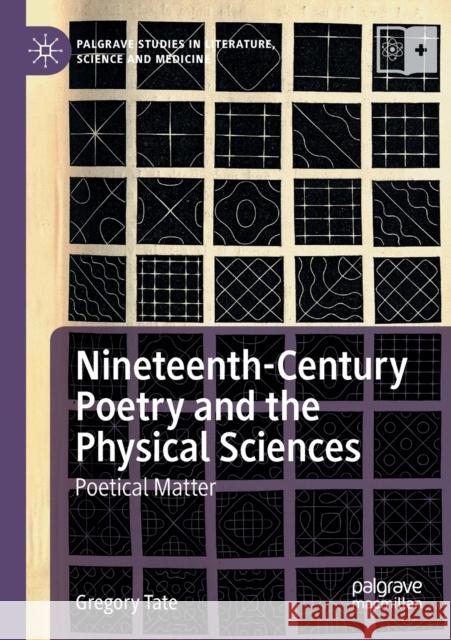Nineteenth-Century Poetry and the Physical Sciences: Poetical Matter » książka
topmenu
Nineteenth-Century Poetry and the Physical Sciences: Poetical Matter
ISBN-13: 9783030314439 / Angielski / Miękka / 2021 / 271 str.
Nineteenth-Century Poetry and the Physical Sciences: Poetical Matter
ISBN-13: 9783030314439 / Angielski / Miękka / 2021 / 271 str.
cena 342,14
(netto: 325,85 VAT: 5%)
Najniższa cena z 30 dni: 327,68
(netto: 325,85 VAT: 5%)
Najniższa cena z 30 dni: 327,68
Termin realizacji zamówienia:
ok. 22 dni roboczych.
ok. 22 dni roboczych.
Darmowa dostawa!
Kategorie:
Kategorie BISAC:
Wydawca:
Palgrave MacMillan
Seria wydawnicza:
Język:
Angielski
ISBN-13:
9783030314439
Rok wydania:
2021
Wydanie:
2020
Numer serii:
000778134
Ilość stron:
271
Waga:
0.34 kg
Wymiary:
21.01 x 14.81 x 1.52
Oprawa:
Miękka
Wolumenów:
01
Dodatkowe informacje:
Wydanie ilustrowane











